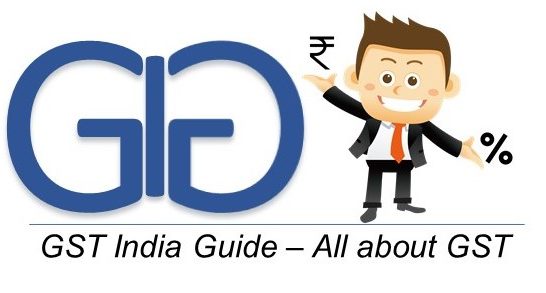GST Council slashed the GST rate on under-construction houses to five per cent, against the current 12 per cent while on affordable housing it was cut to 1 per cent from the existing 8 per cent. Builders will also not be able to claim input tax credit (ITC) in both cases.
Pankaj Kapoor, Managing Director at property consulting firm Liases Foras said that the trail of invoicing will not be available in absence of ITC and may have opened up the scope of employing black money in the sector again.
Real estate contributed about 6-7 per cent to India’s gross domestic product (GDP) in 2017 and is expected to contribute about 13 per cent to the GDP by 2025 as per a KPMG report. The industry is seen becoming the third largest globally at around $1 trillion by 2030.
He added that under GST, builders had an incentive to file invoices for the purchase of construction materials and inputs to claim ITC due to which their complete transaction trail could be monitored. These inter-linkages ensured that the builder’s cash flow and work flow were transparent. Employing black money in the sector had become difficult and any under-invoicing on the part of the builder could be uncovered.With the absence of ITC some builders might find that the incentive to file invoices has reduced and there could be an incentive to buy construction material or land in cash. This would be cheaper for builders as they can escape paying GST on these inputs. In turn, this opens a window for the deployment of black money to make the said purchases.
Anuj Puri, the chairman of ANAROCK Property Consultants, believes that the scope of bringing black money back into the system is limited given the tightening regulatory environment and speedier identification of instances of tax evasion. He further stated that there is a cap on cash transactions and most often, even the vendors who have to match up their bills refuse to take major cash components, as they would later be answerable if wrongdoings come to light.
The GST council’s suggestion to mandate a procurement cap of around 80 per cent of input from GST-registered suppliers may just plug the loophole.
Pankaj Kapoor,however holds the view that since real estate and construction are very local subjects, it would be difficult to monitor use and purchase of inputs like sand, bricks, piping, and electricals, etc at such a micro level. While cement and steel make up for around 40 per cent of the cost of a project, the rest is made up of inputs that are sourced from local vendors.

